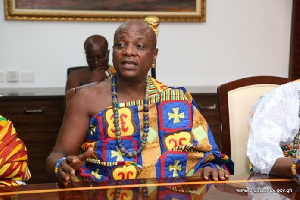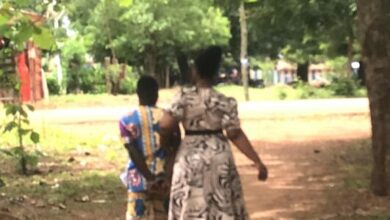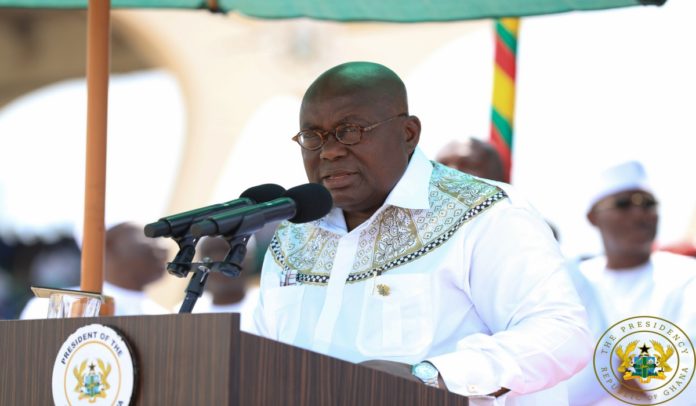Stop eating clay during prenatal period — Pregnant women warned


Pregnant women with cravings for non-food items have been strongly warned against eating white clay, called “shile” among the Akan people, as it can harm both mothers and babies during the prenatal period.
The eating disorder, called pica, usually occurs more commonly in pregnant women, according to health experts, because the affected persons’ bodies have increased nutritional needs during prenatal periods.
Mr Ebenezer Gyasi, Birim Central Municipal Nutrition Officer, told the Ghana News Agency that the “shile” has bad side effects though it could also cure skin rashes and acne, adding, its disadvantages override its health benefits.
He said excessive consumption of the bentonite clay, “shile”, and absence of adequate nutrition during pregnancy could lead to preterm birth, stillbirth or intrauterine growth retardation.
Generally, he added, that it could lead to poisoning and predisposing eaters to joint and abdominal pains.
He cautioned young girls against cravings for bentonite clay and also advised pregnant women to eat iron-rich foods such as cocoyam leaves (Kontomire), snails, beans, eggs, shrimps and fish.
She encouraged pregnant women to always take fruits like mango, apple, watermelon, orange and banana during the prenatal period.
He also urged them to honour antenatal schedules and report to a midwife or doctor when they noticed anything unusual during their pregnancies, adding: “Take your prescribed drugs.”
Ms Naana Ampomaa, a trader at Akim Oda Market, called on pregnant women with strong desires for eating “shile” to manage their hankerings to avoid pregnancy-related complications.
She explained that “shile”, an Akan name for a whitish baked clayey soil, was mined in the depth of the earth, and it could contain eggs of worms, noting that, when eaten, the eggs hatch in the body and the worms feed on the red blood cells.
Ms Ampomaaa, who sells pots, calabashes, garlic, “prekese”, “hwentia” and “dawdawada”, described her items as medicinal plants and urged pregnant women to stay away from non-nutritious substances.
“Shile” is also mostly mined in parts of the Volta Region where the freshly mined clayey soil is moulded into lumps and baked after which it is distributed to markets across Ghana.
Most pregnant women believe that eating “Shile” could tame increasing saliva, diarrhoea, and nausea, while some young girls also have cravings for the substance.
The trader encouraged the use of “prekese”, “hwentia”, garlic and “dawdawada” to prepare soup and meals, stressing: “These are medicinal plants which prevent ulcer, reduce hypertension and promote blood flow.”
—GNA





